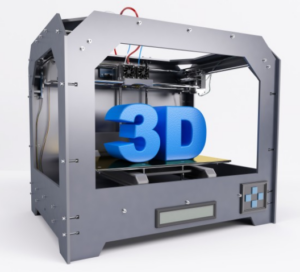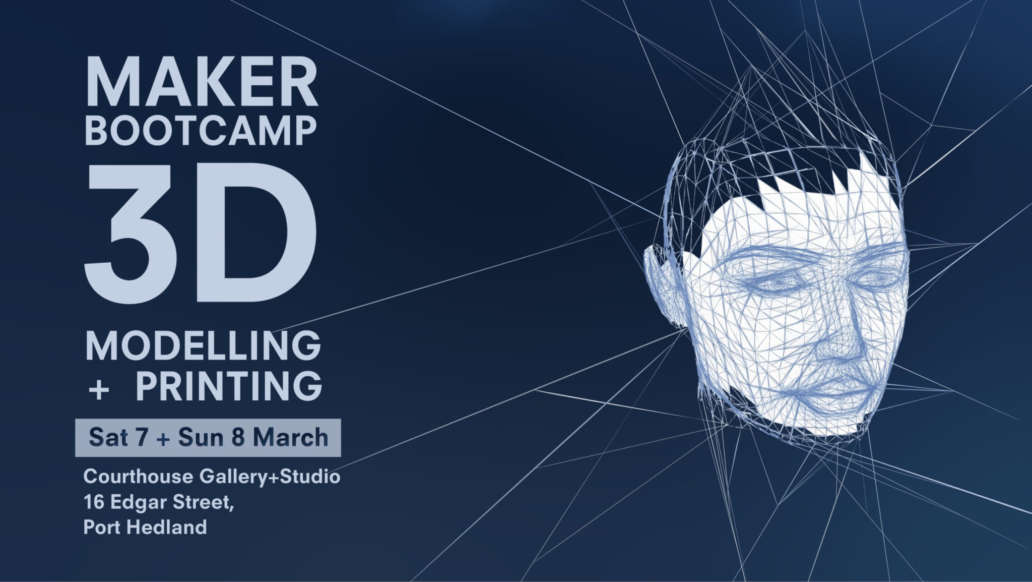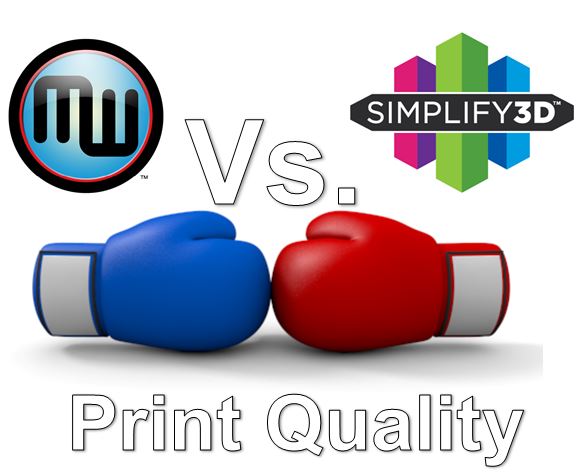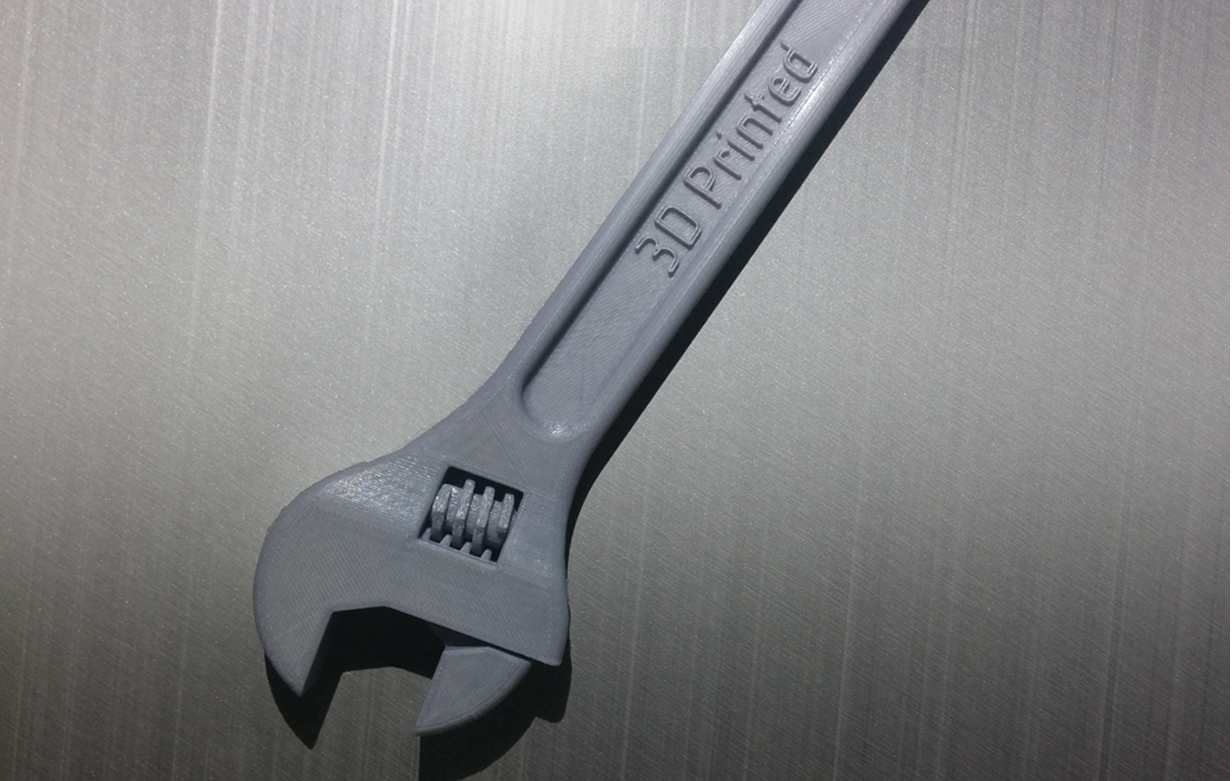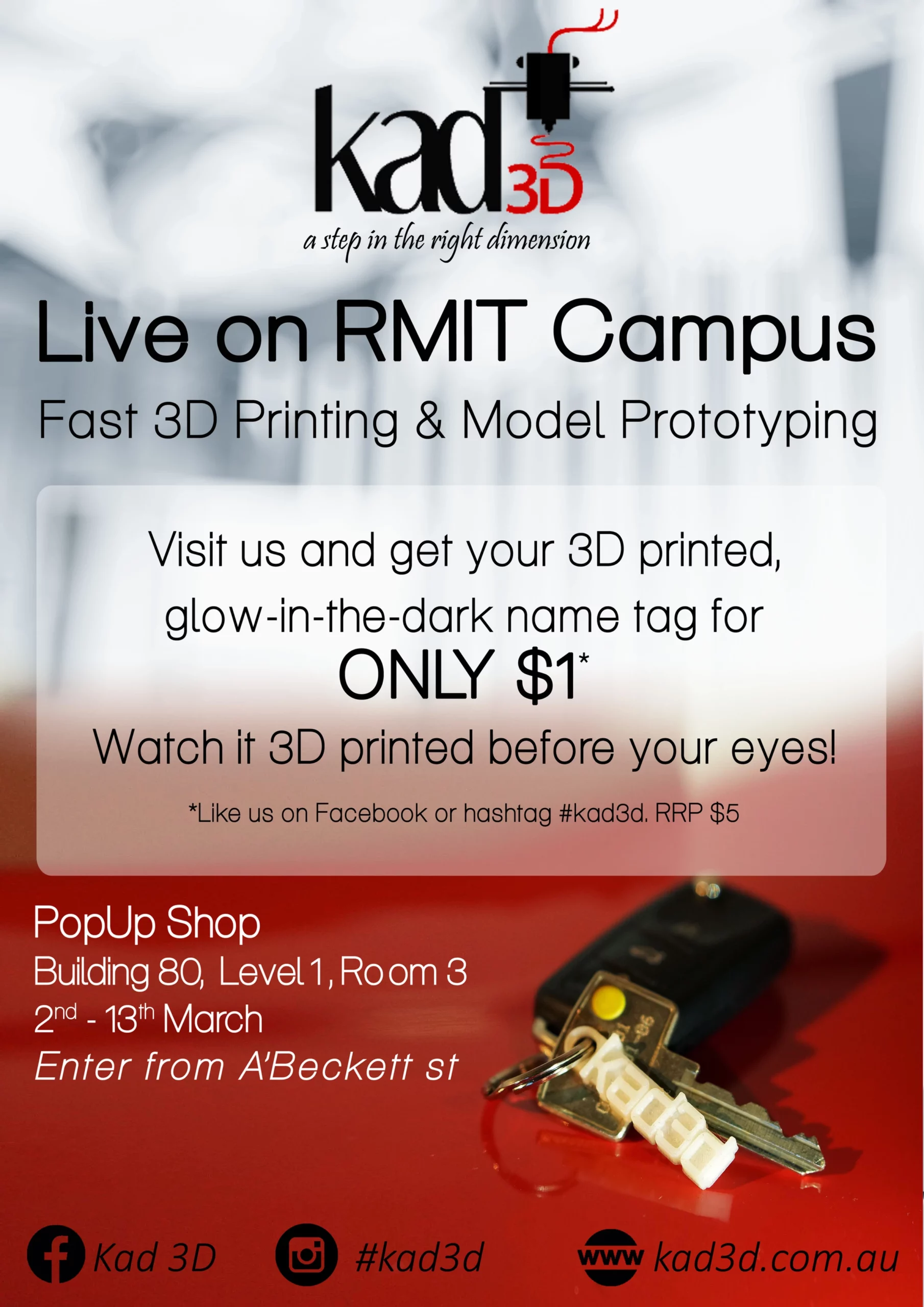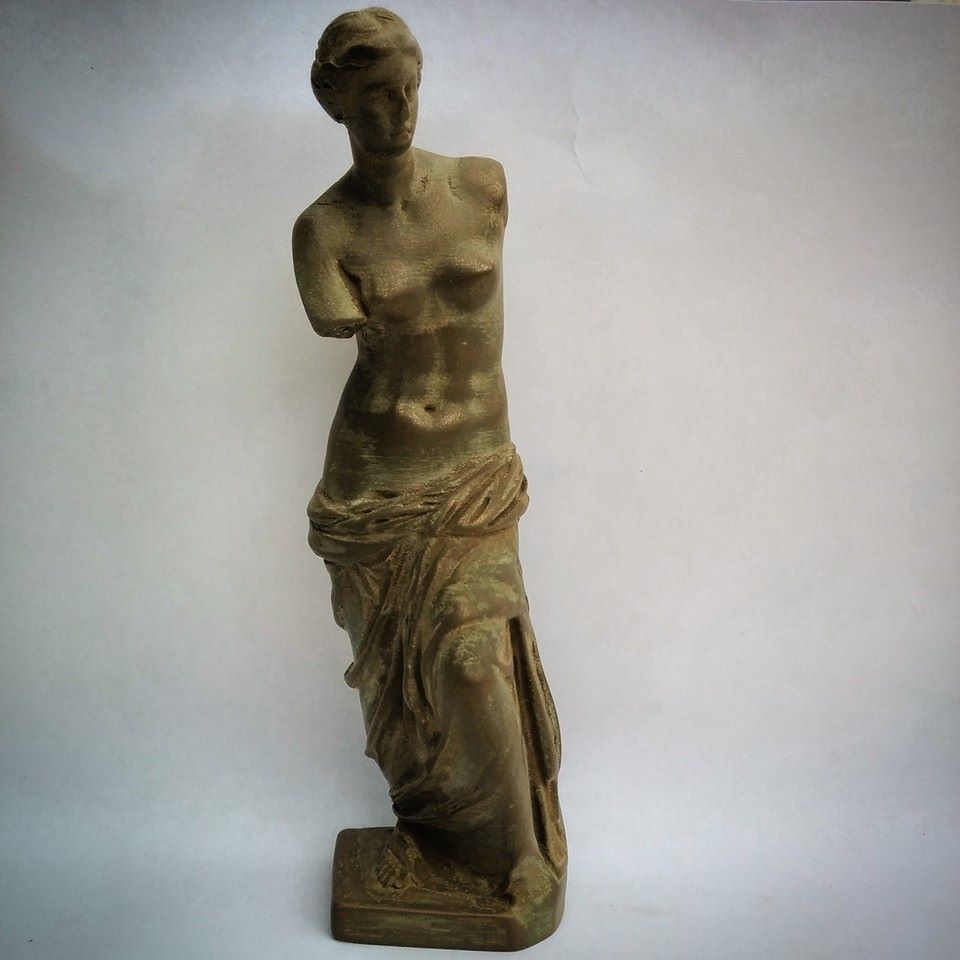Brief Introduction and History
Polycarbonate (PC) is a thermoplastic polymer that has gained significant attention in the 3D printing industry due to its exceptional mechanical properties and heat resistance. It was first discovered in 1953 by Hermann Schnell, a German scientist, and has since become a popular material choice for various applications, including 3D printing.
Material Composition
PC is composed of polymers, which are derived from bisphenol A (BPA) and phosgene. These raw components undergo a polymerization process to form the strong and durable polycarbonate material.
Uses
- Automotive parts
- Consumer electronics housings
- Medical devices
- Aerospace components
Best Fit Use
PC is best suited for applications that require high impact resistance and transparency, such as automotive and aerospace components, as well as for parts that need to withstand sterilization for medical devices.
Detailed Example of Specific Use 1
One primary use of PC is in the production of high-strength, impact-resistant automotive headlight lenses that provide excellent durability and clarity, ensuring optimal performance and safety for vehicles.
Detailed Example of Specific Use 2
Another significant use of PC is in the manufacturing of transparent protective visors for medical face shields, providing healthcare professionals with essential protection while maintaining visibility and comfort during extended wear.
Difference Between Basic and Advanced Forms
The basic form of PC offers excellent strength and transparency, while advanced variants may include reinforced or flame-retardant properties to enhance specific performance attributes for diverse application requirements.
Benefits
- High impact resistance
- Transparency
- Heat resistance
- Dimensional stability
Drawbacks
PC can be susceptible to scratching and may require additional surface treatment for certain applications. It also has a higher cost compared to some other 3D printing materials.
Overall Rating for Daily Use
PC is highly suitable for daily use in both hobbyist and professional contexts, especially for applications that demand exceptional strength and durability combined with transparency.
Future Developments
Ongoing research in PC is focused on developing enhanced formulations that can further improve impact resistance, heat deflection, and surface finishing properties, paving the way for broader adoption in advanced 3D printing applications.
